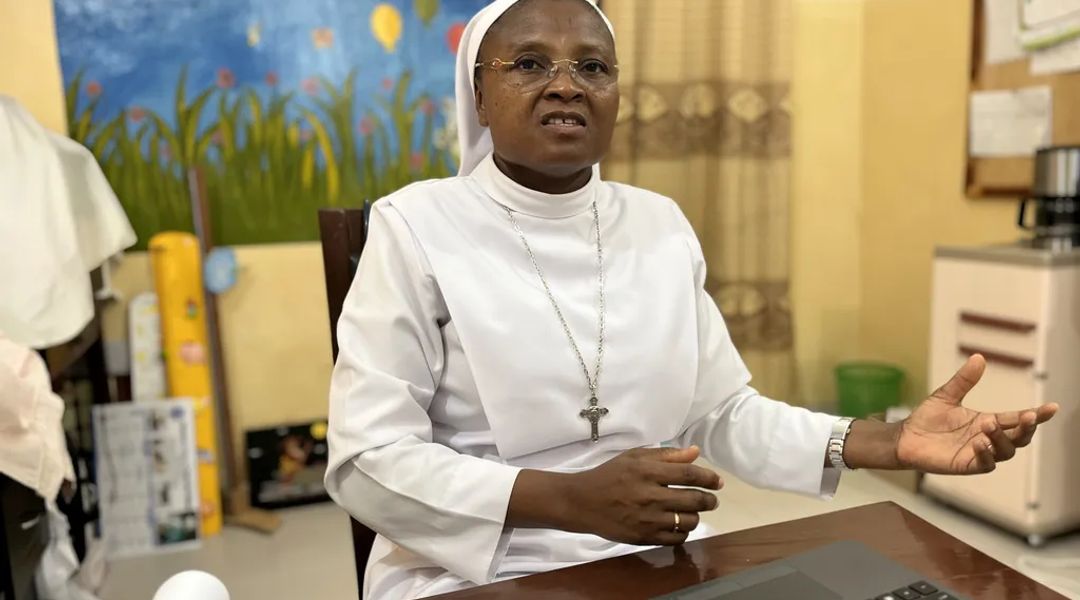Faith Meets Fight: Catholic Sisters Wage War on Malaria in Benin

In the West African nation of Benin, malaria continues to cast a devastating shadow over public health, striking more than 10% of the population and emerging as a critical threat to the most vulnerable members of society. This persistent disease remains the primary cause of mortality among children and expectant mothers, creating a profound challenge for healthcare systems and community well-being.
The widespread impact of malaria in Benin represents a complex health crisis that demands urgent attention and comprehensive intervention strategies. Young children and pregnant women bear the brunt of this disease, facing significantly higher risks of severe complications and potential fatal outcomes. Their compromised immune systems make them particularly susceptible to the mosquito-borne illness that continues to plague the region.
Local health authorities and international organizations are working tirelessly to combat this public health emergency, implementing prevention programs, distributing insecticide-treated bed nets, and improving access to critical medical treatments. Despite these efforts, malaria remains a formidable adversary in Benin's ongoing battle for community health and survival.
